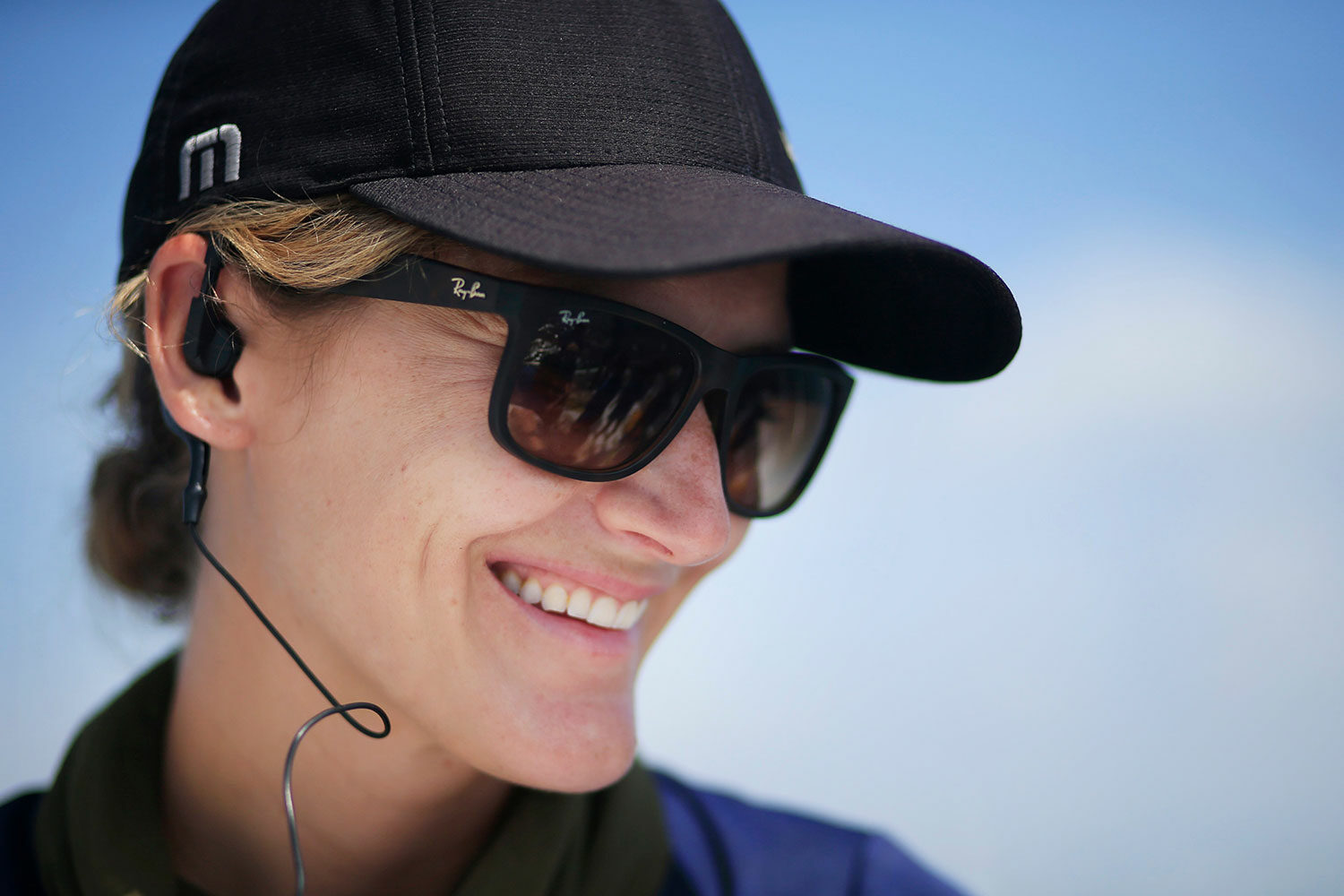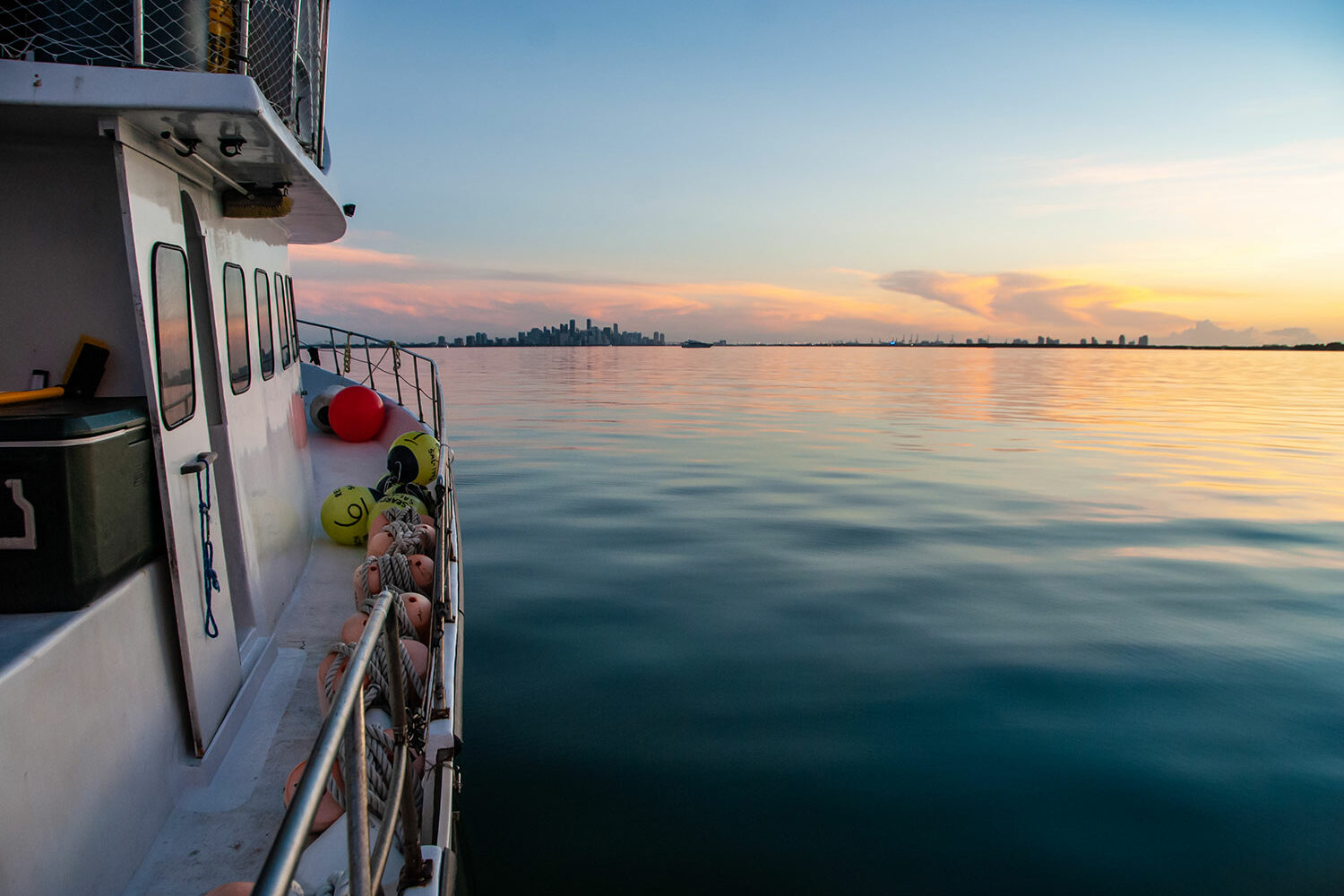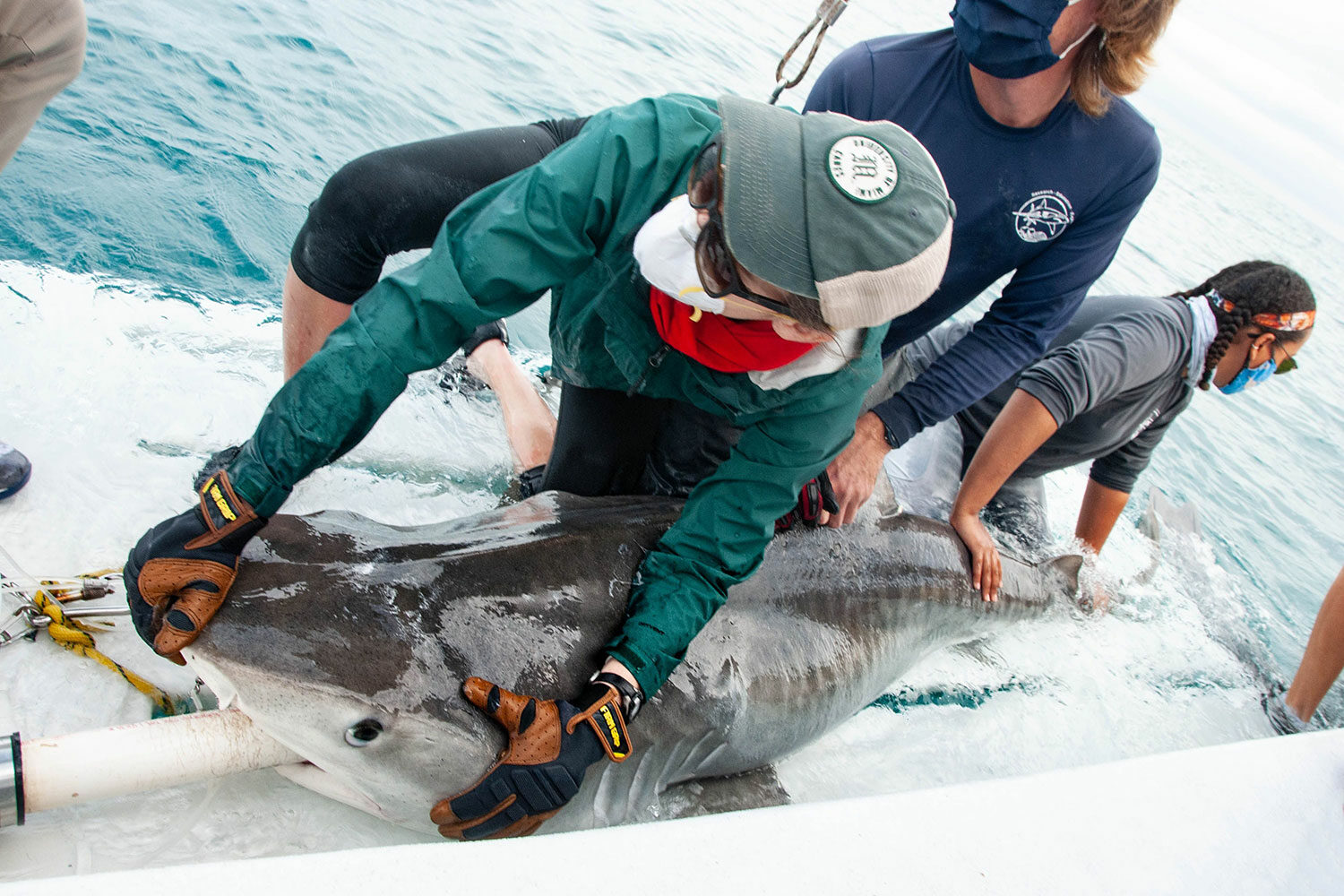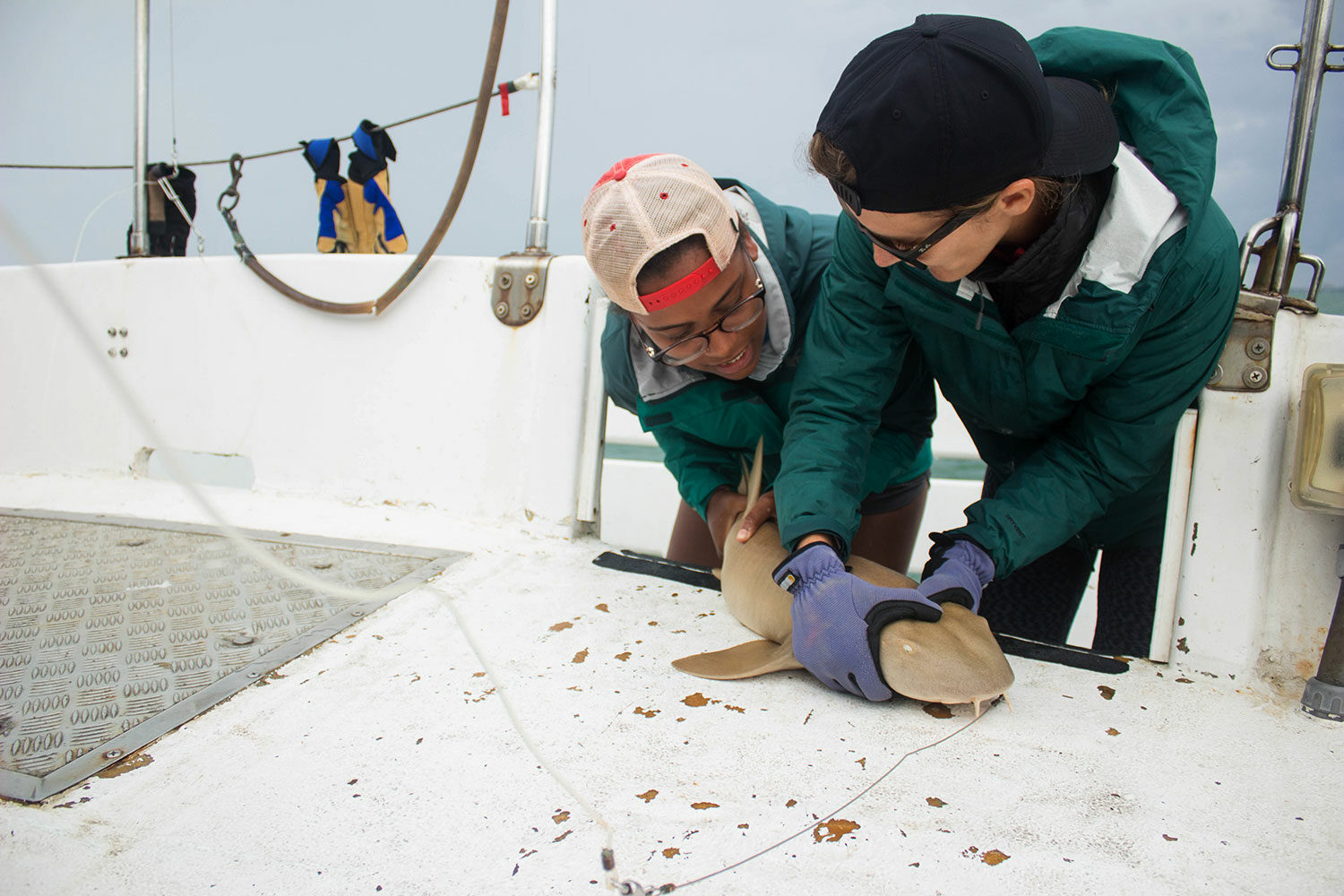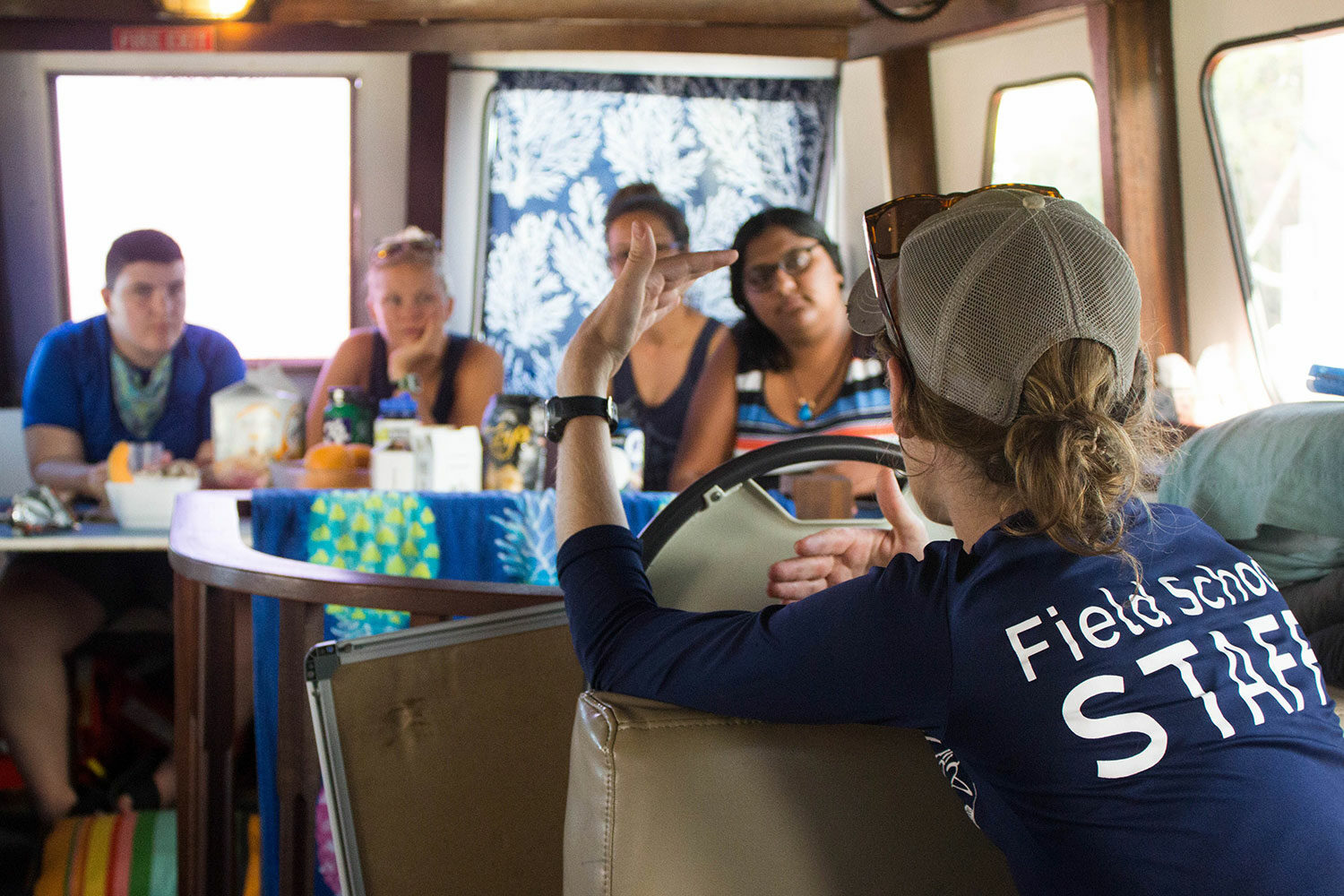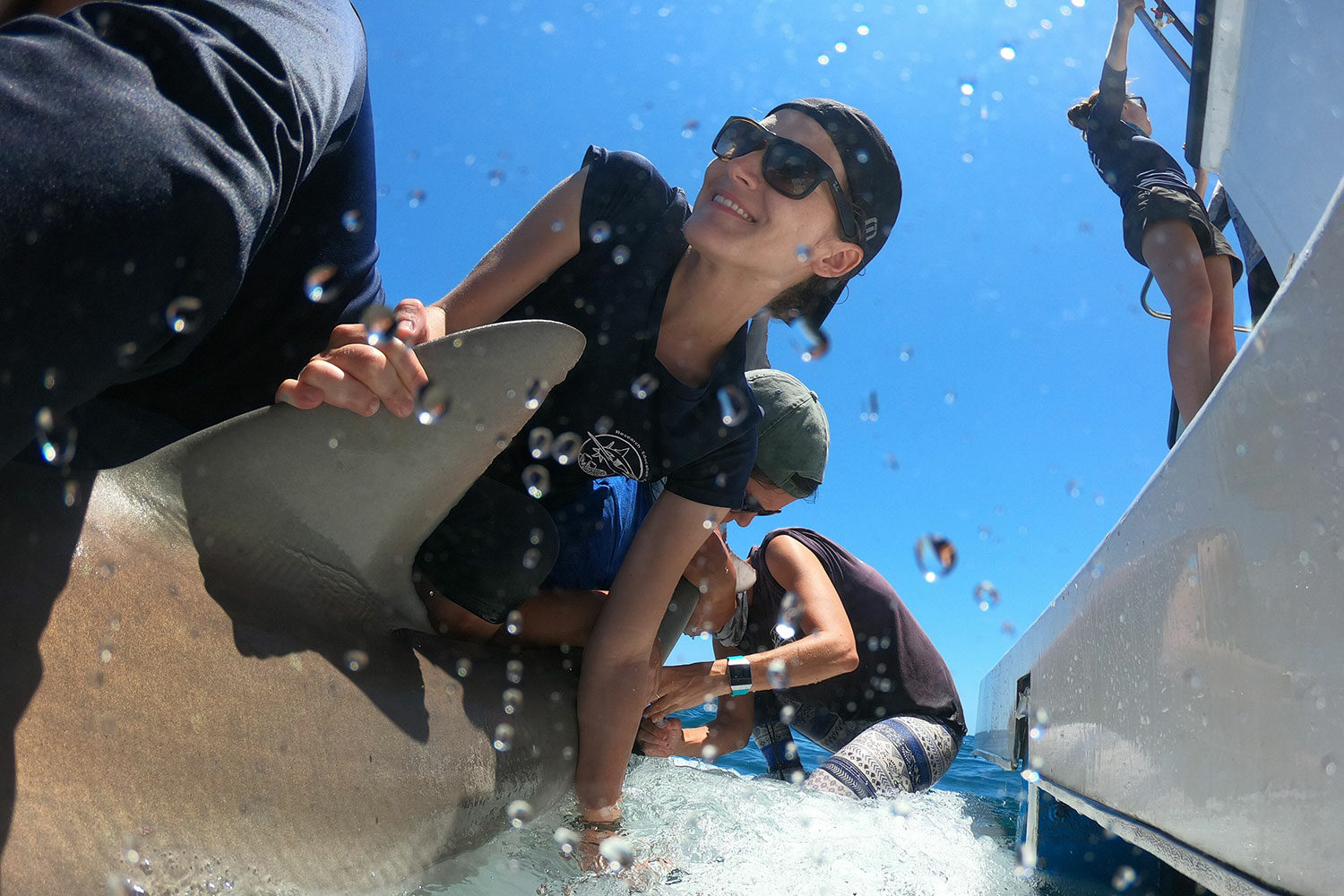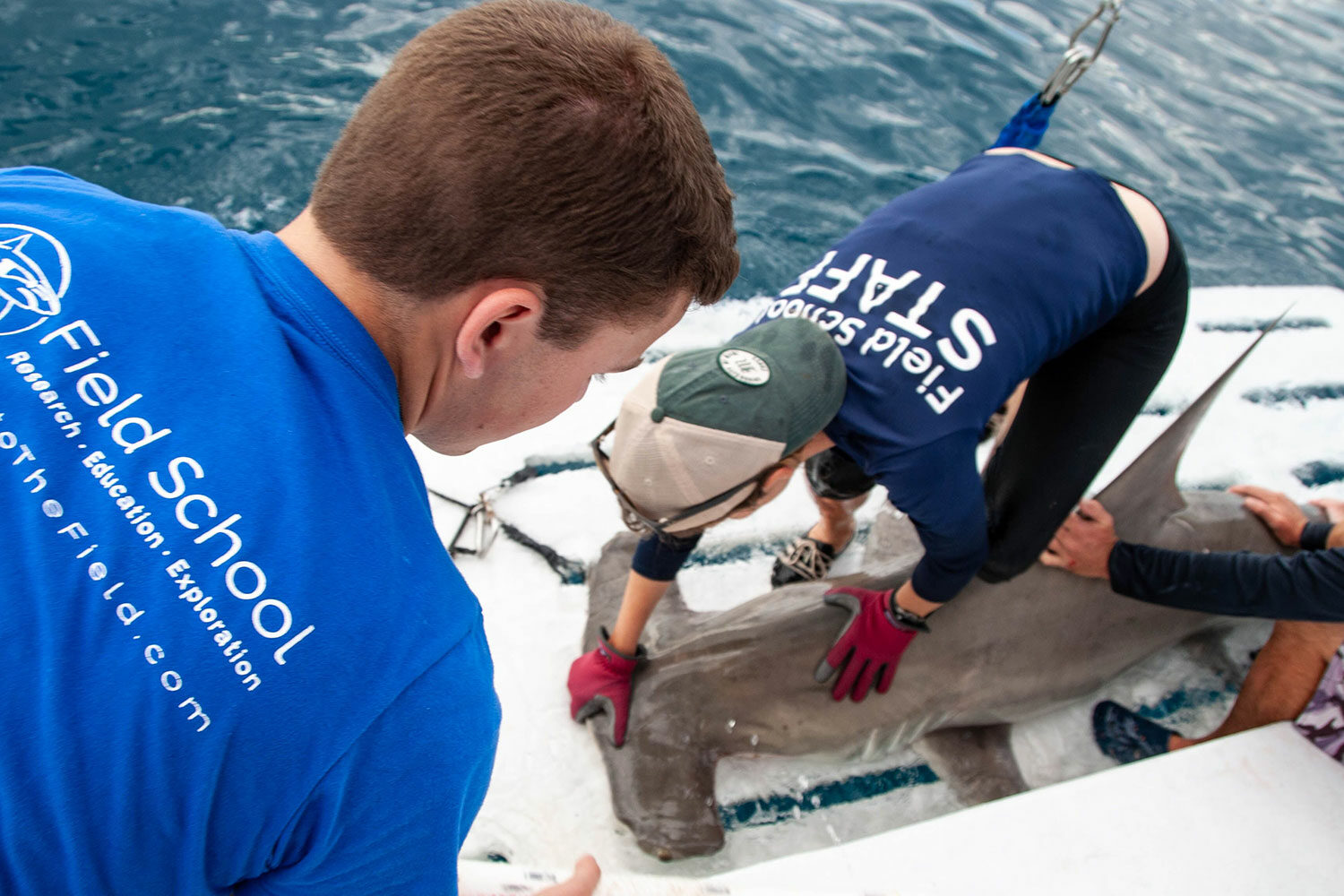Towards better marine science
The prevalence of unhealthy and abusive cultures in marine science, especially shark research, has been described before. For years, conversations about building a more diverse and equitable future have yielded limited results. Why, and how can we move beyond talk?
In marine science, acknowledging that too few opportunities and resources are allocated to historically excluded and underrepresented groups is often met with muttering about maintaining scientific ‘standards’ and ‘quality’. We’ve built a ‘meritocracy’ based on grades, publications and funding, even as we recognise these metrics reflect not just ability, but privilege. Evidence has repeatedly shown that discrimination and bias limit who has opportunities in science and who is welcomed and given the chance to succeed.
Last summer, I wrote an article for Scientific American about my experiences as a woman in science. I expected some hate mail and I certainly got it (along with some heart-breaking stories and vital encouragement). A few male scientists reached out to me to express their support, though more were silent. The loudest criticism I received from men in my field focused on my legitimacy as a scientist, on whether I do (or should) have the professional standing to say what I said.
Photo by Christopher Brown | © Field School
I have been in my field for a decade, have a PhD, publish scientific papers regularly and teach well-reviewed graduate-level courses at a major research university. If I am vulnerable to this criticism, how can students hope to be heard?
It is hard for someone outside science to understand the power that senior scientists, especially advisors, wield over students. With little oversight, they play the role of boss, teacher and mentor. They can freely use their professional networks, publishing connections, funding or letters of recommendation to help or harm a student’s career. They can find their mentees jobs or quietly sabotage their applications. Yet our system offers students little protection from their mentors because we have long assumed, erroneously, that they will not need it.
Experiences of harassment, sexism, racism, ableism, queerphobia, classism or some intersectional combination of the above often disappear, or go uncounted, when the young people who experience them leave (or are driven out of) science. These trainees become ‘leaks’ from the STEM pipeline and there is a general shrugging acknowledgement that the system often fails students, with no thought given to how, why or what that has to do with us.
I am not an expert on diversity, equity and inclusion and I do not wish to speak for (or over) more qualified scholars. Whereas they are skilled doctors, I’m a poorly trained medic, offering practical insight drawn from efforts to read and learn in my free time and from years of working in marine science and trying to do what’s right. I’ve listened to students’ stories, cared and done my best to shelter them. I’ve argued with my superiors on their behalf, begged for favours and resources they needed, and some nights I’ve failed, gone home and cried. In 2020, many universities began investing in diversity training or anti-racist reading groups, strategies that are necessary but insufficient. Serious approaches to our problems ask much more of us than we have been willing to give so far.
Every scientist I know feels powerless sometimes against the system within which they work, struggles with a lack of funding and resources and is short of time and energy. Regardless of where we may be in our careers, most of us will never feel like we have enough (resources, influence, power) to invest generously in others, fight battles we don’t have to fight or risk ourselves to change things. Most of us will never experience a single, clarifying moment when we realise that we’ve arrived, professionally, and that we are now ready to work towards justice. That means we should start right now, from wherever we’re standing.
Photo © Field School.
We should spend our resources – our social capital, our funding – to make things better for the people who have been excluded from our field in the past. We should look around the rooms we occupy and notice not only who is there, but who isn’t – and ask ourselves why. Who do we hire, promote, select for opportunities, recommend to our colleagues? It’s time to start suggesting other scientists, who aren’t white men, for some of the opportunities we’re offered. It’s past time to recognise that gender inequality can look like a male-run lab full of women never promoted beyond assistant and subordinate roles.
We must make the time and find the energy to nurture students even when we’re exhausted; to put in the effort on that letter of recommendation or forward that potentially relevant grant opportunity. We should be working our networks and hustling for what our students need. It might be time to take a pay cut, so there’s money to pay interns who are making our research possible or to fund scholarship or research opportunities. At minimum, we should thank our students for their work and mean it. We should invest every day in their well-being and success, and care about what’s good for them as much as we care about what serves us.
Donate generously to organisations like Minorities in Shark Science (MISS) that are working to make science a better place – and when you do, think about what they tell you they need, not about what you want to give. It isn’t enough if what we do to support diversity is painless, costs us nothing or offers PR benefits equal to the cost. Nor is it enough if behind the scenes we aren’t quietly doing more than we’re publicly taking credit for.
We need more representation of how diverse science and scientists could be if we are to overcome stereotypes about who belongs in our field. We need to find ways to provide scholarships, internship funding and truly equal access to opportunity for students from all backgrounds. We need to listen to feedback about how we can create a more welcoming and inclusive scientific community, and constantly try to do better.
We need more grant-making organisations and graduate schools that aren’t focused on flawed, privilege-driven meritocratic metrics to assess applicants. We need processes that protect subordinates from abusive supervisors and mentors, taking action on their behalf and shielding them from retaliation when they report problems. We need to value their safety and well-being at least as highly as we value the prestige or productivity of their supervisors. We need to see our students as people before we see them as tools or resources. But most of all, we need to stop pretending the problem doesn’t lie with us.
Scientists are quick to blame ‘the system’ for a lack of diversity, equity and inclusion, for a lack of funding to support graduate students and their projects, for a lack of time to devote to nurturing our students. These problems are indeed ‘systemic’, but the system we’re decrying is made up of people. The system is made up of all of us. If we aren’t currently rewarded for prioritising the important things, the answer isn’t to wait until the system is corrected and will reward us. It’s to do the right thing now, unrewarded, and be willing to bear the costs. It’s past time that we place the humanity of our students and colleagues at the centre of our personal and institutional decision-making. It is past time to take in the scope of the problem and choose to act.
If you enjoyed this piece and would like to hear more, listen to episode 5 of The Whole Tooth podcast (becoming scientists and breaking barriers), on which Catherine and other trail-blazing female shark scientists speak more about this topic.

